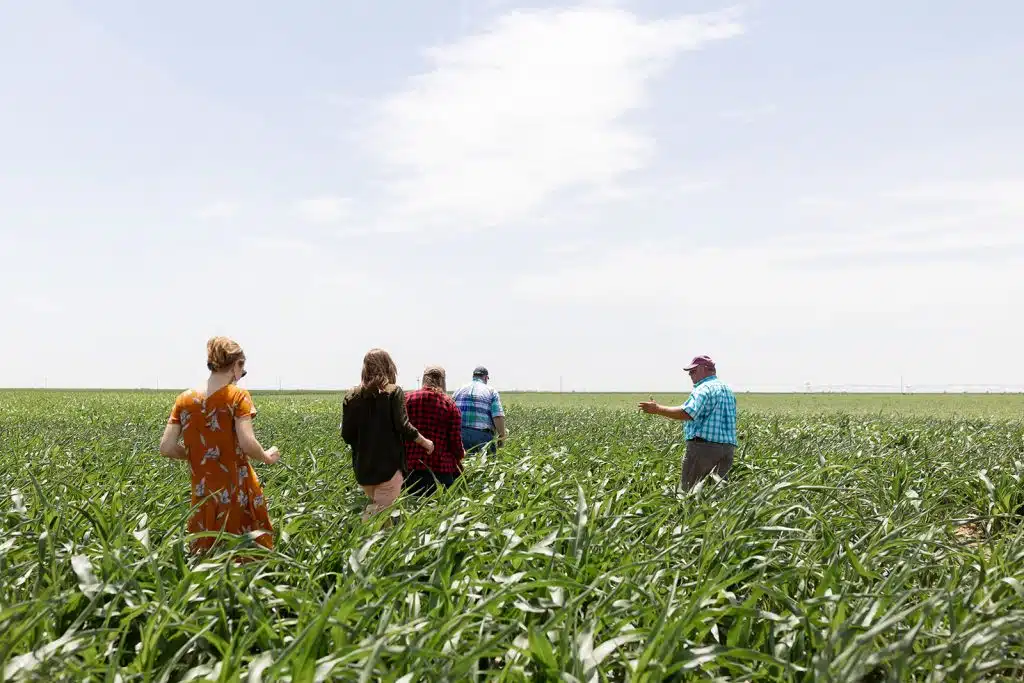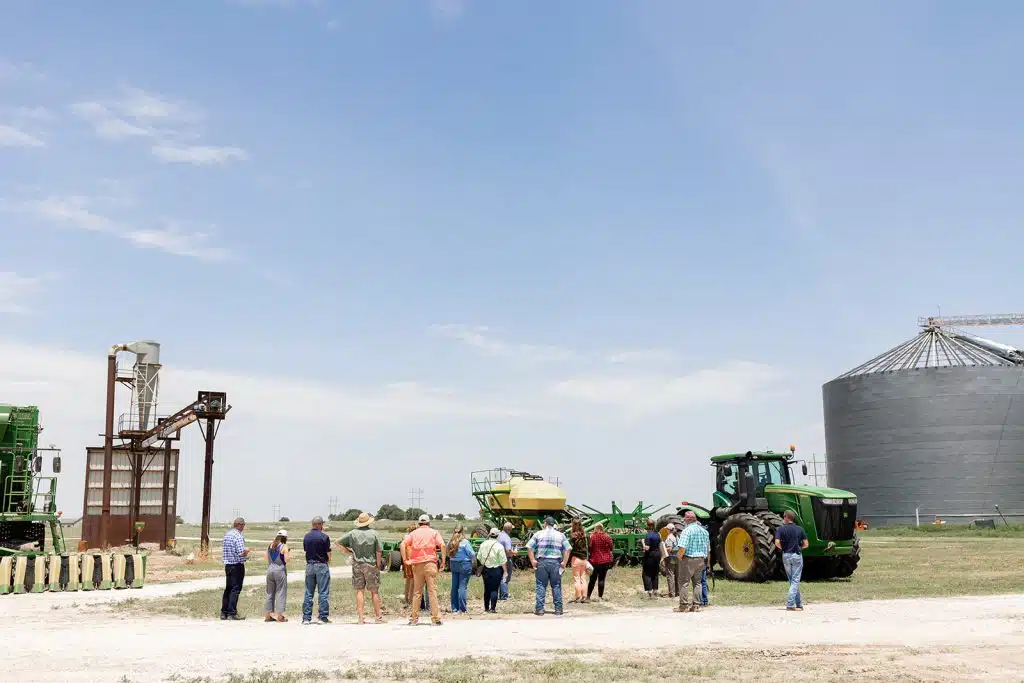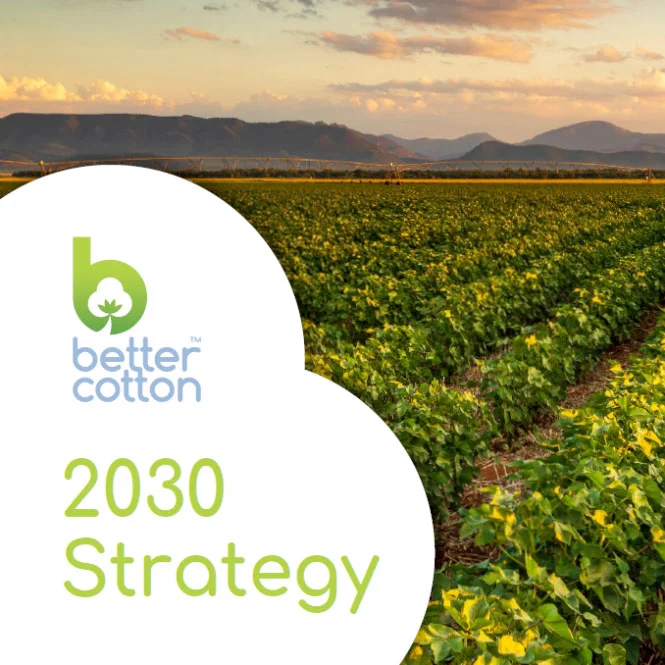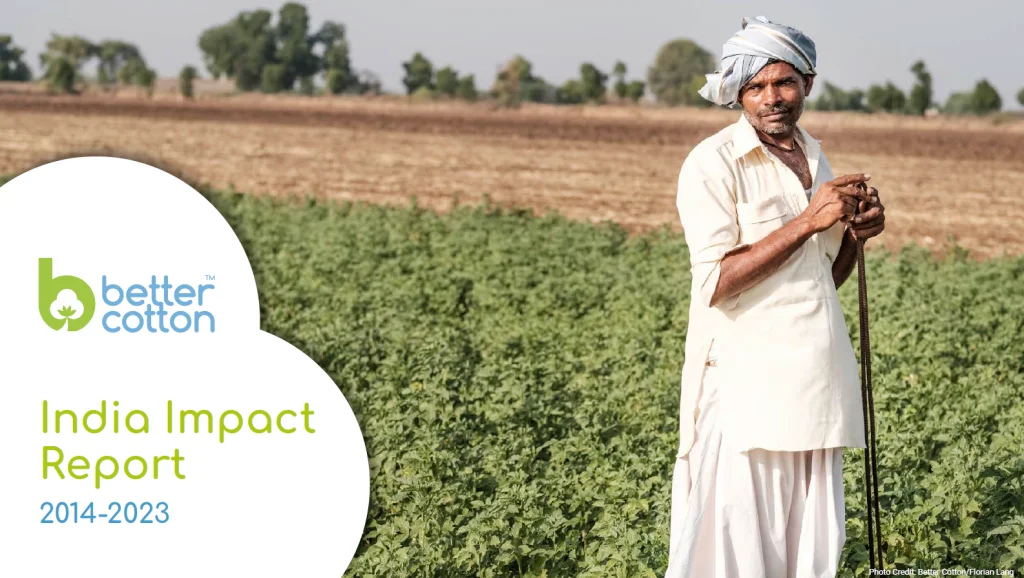- Who we are
- What we do
In just over 10 years we have become the world’s largest cotton sustainability programme. Our mission: to help cotton communities survive and thrive, while protecting and restoring the environment.
- Where we grow
Better Cotton is grown in 22 countries around the world and accounts for 22% of global cotton production. In the 2022-23 cotton season, 2.13 million licensed Better Cotton Farmers grew 5.47 million tonnes of Better Cotton.
- Our impact
- Membership
Today Better Cotton has more than 2,700 members, reflecting the breadth and diversity of the industry. Members of a global community that understands the mutual benefits of sustainable cotton farming. The moment you join, you become part of this too.
- Associate Membership
- Civil Society Membership
- Producer Organisation Membership
- Retailer and Brand Membership
- Supplier and Manufacturer Membership
- Find Members
- Member Monitoring
- Better Cotton Platform
- myBetterCotton
- Resources – Better Cotton Conference 2022
- Complaints
- Whistleblowing
- Safeguarding
- Get Involved in the Better Cotton Programme
- Thank you for contacting us
- Better Cotton’s Data Privacy Policy
- Log in
- Members’ Area
- Request for Proposals
- Better Cotton Cookie Policy
- Web Reference
- Measuring Cotton Consumption
- How to Implement the Chain of Custody Standard
- Resources – Better Cotton Conference 2023
- Certification Bodies Old
- Latest
- Sourcing
- Latest
The founding premise of Better Cotton is that a healthy sustainable future for cotton and the people that farm it is in the interests of everyone connected with it.
Let us help you find what you’re looking for
Results for {phrase} ({results_count} of {results_count_total})Displaying {results_count} results of {results_count_total}


By Karen Wynne, US Programme Coordinator at Better Cotton
Recently, Quarterway Cotton Growers hosted Better Cotton Members for a tour of a cotton gin, farms and processors in Plainview, Texas. Representatives from brands, mills, merchants, civil society, university extension services and supporting businesses joined Better Cotton growers in the field to learn more about sustainable and regenerative cotton production systems in West Texas.
Representatives from ECOM also discussed their role as a merchant in the supply chain, highlighting their sustainability initiatives, including a USDA Climate Smart Partnership with Quarterway.
We are grateful for the opportunity to participate in the conversations that took place among participants and share the work that ECOM USA is doing to promote climate-smart cotton. We are proud of Quarterway Cotton Growers for the focus they place on regenerative cotton production that supports the long-term viability of the industry and the health of the land. They truly are a leading group of cotton growers and ECOM USA is proud to offer their cotton to buyers around the world.
Texas produces more cotton than any other state in the US and West Texas produces the bulk of that. Coming from Alabama, where it can rain 60 inches in a year, I am infinitely curious about growing a crop in a place that gets more like 10-20 inches of annual rainfall, sometimes without irrigation. The types of crops that can be grown and how they are managed are so different. It was great to get out in the field with Better Cotton Members and Farmers to understand the complex set of decisions that growers need to make every season, and how the weather can ruin their plans.
Growers in the region are raising a variety of crops in addition to cotton. Corn, wheat, milo (otherwise known as grain sorghum), sorghum silage and hybrids, and millet are commonly grown in Hale County. Many cotton growers also raise cattle and incorporate grazing into their crop rotations. A pickle plant, a hybrid seed company, and dairies in the region all provide opportunities for more diverse cropping systems that include cucumbers, small grains, and livestock feed. In addition, manure from dairies returns to fields as a local source of fertiliser that reduces the use of synthetic inputs. We often talk about circularity in theory; this tour gave us the opportunity to dig into one example of its practical application.

This diversification is key for pest and soil management by creating above and below-ground habitats for beneficial species, interrupting pest life cycles, and improving nutrient cycling. It also provides alternatives in years when the cotton crop is lost due to severe weather such as heavy rain, hail, or drought, which are not uncommon in West Texas.
Quarterway growers are experimenting with practices and systems to improve soil health, water use, and overall efficiency. They are reducing fuel consumption with more efficient equipment. Many are cover cropping with wheat, rye, or triticale, and then planting into crop residue to minimise wind erosion and increase soil cover. Others are modifying row spacing to increase yield per plant, reduce seed costs, and improve water use efficiency, or installing drip irrigation for even more targeted water use. These improvements can require significant up-front investment in new technologies or unproven practices; while they may pay off in the long run there is a lot of risk involved. Quarterway growers are taking those risks and comparing notes on what works best.
You can hear directly from Quarterway Cotton Growers in this video from the Soil Health Institute. We’d like to extend our thanks to Todd Straley, the growers at Quarterway and everyone else involved in organising such an insightful trip.
Be sure to register here for our mailing list to receive updates on Better Cotton’s activities in the US and follow the Better Cotton events page to register for future field events.


